Give farmers incentives to lower energy, emissions: industry leaders
Leaders in sustainable food production are urging both sides of politics to match rhetoric about sustainability with action on energy, emissions and waste.
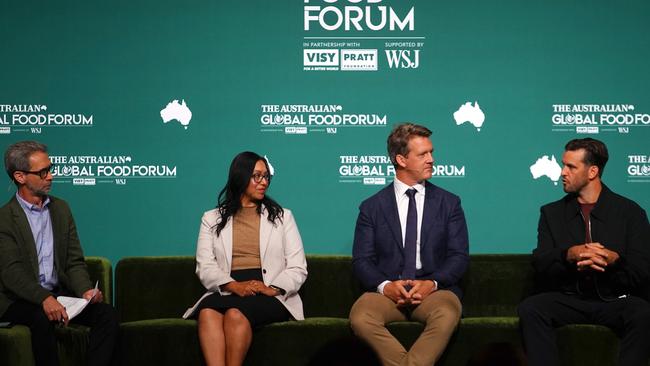
Leaders in Australian sustainable food production are urging both major parties at the federal election to back measures to lower farm energy costs and help farmers measure their carbon emissions.
Farmers for Climate Action and firms driving sustainable food production made a call at The Australian’s Global Food Forum in Melbourne on Friday for new initiatives to help the sector meet both burgeoning demand and sustainability goals.
Farmers for Climate Action chief executive Natalie Collard urged the rollout of assistance to farmers to invest in battery energy storage, to reduce costs and food prices.
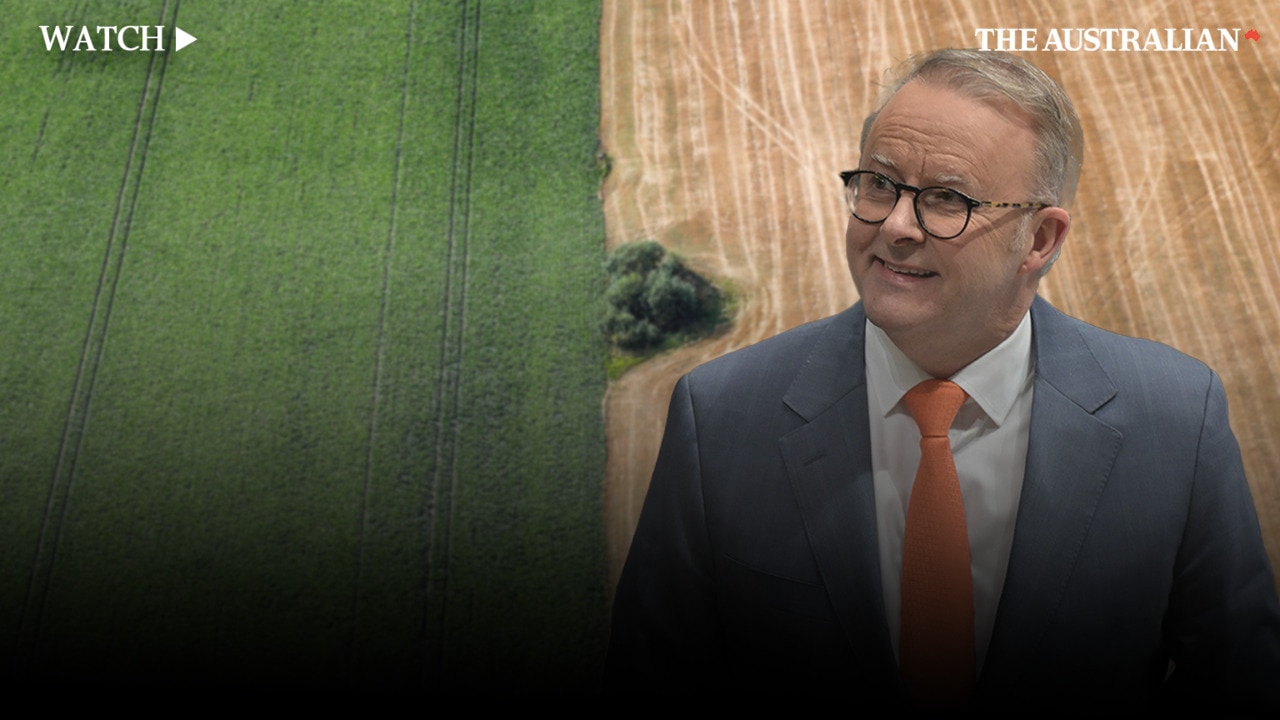
“We say give us some incentives or matching funds for on-farm batteries – they are six figures, 10-year pay-off time at the moment,” Ms Collard said.
“They benefit the whole community as well as strip emissions and costs out of food and fibre production immediately.
“It’s great that we’re doing it for household batteries; let’s create a story that will really have an impact on farms.”
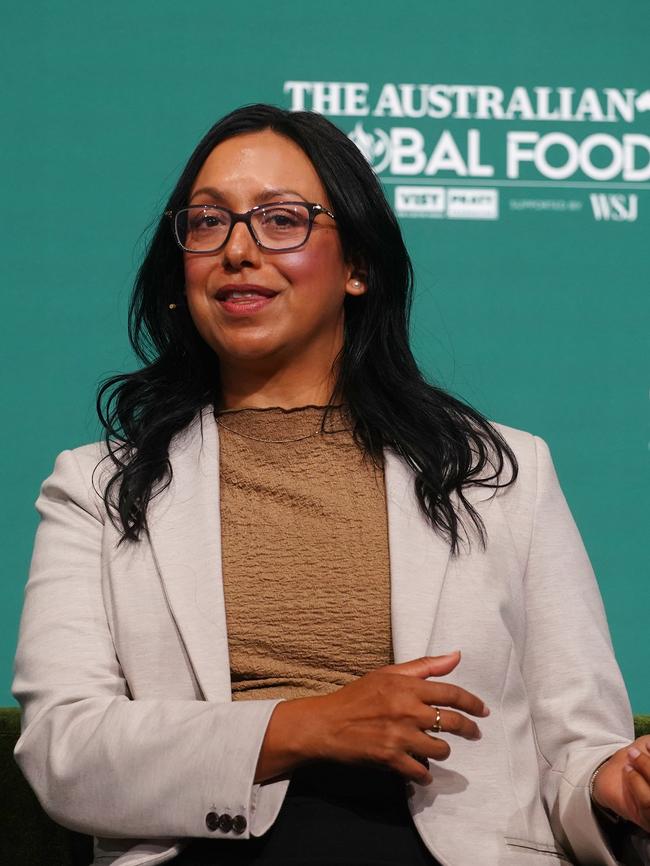
Ms Collard said the group, whose members include more than 8400 farmers, believed an incentive or matching funds package would slash emission from farms’ diesel generators.
As well as “significantly” cutting power costs, it would improve energy resilience in extreme weather events, reducing food wastage.
The group was also pushing all political parties to remove barriers to farmers using the energy generated on farms across all land titles they hold.
“Would you believe that if I create a solar and battery system on my farm but my house is on a separate title, I can’t shift that energy that I’m producing to offset the power in my house,” Ms Collard said.
“That makes no sense. We need to change that. At the stroke of a pen, regulations designed for 1950s poles and wires … can catch up. It’s really hard to invest if you can’t use what you’re producing and paying for.”

Bobby Miller, chief executive of Ruminati, which assists farmers to track their carbon emissions, urged the major parties to provide producers incentives to measure their emissions and meet new standards.
“The first thing that any company or producer needs to do when they’re moving to a lower emissions, more sustainable position is to understand where they’re starting from,” Mr Miller told the forum.
“You can’t manage what you can’t measure. The government’s been a little bit slow to react to that and come up with an official standard that creates a clear starting point from which all the sectors in ag can measure their emissions.
“That is happening. By the end of 2026 there’ll be a standard which we can measure from. But then (we will need) some sort of incentive for farmers to lean in and measure (their emissions).”
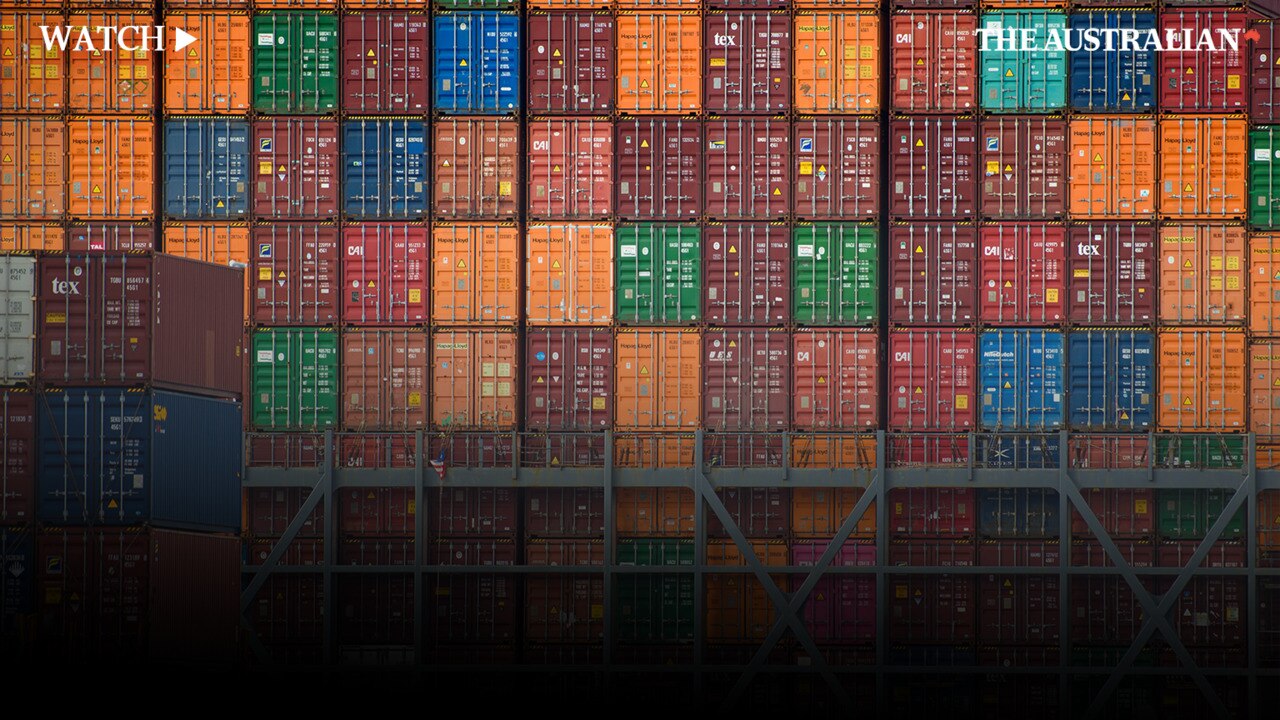
Ruminati had developed a system to measure primary emissions data on farms, collate it and share it securely with the industry.
“(But) the farmers in our workshops ask why – why am I doing this? I don’t get a penalty if I don’t and I don’t get a reward if I do,” said Mr Miller, also a beef producer.
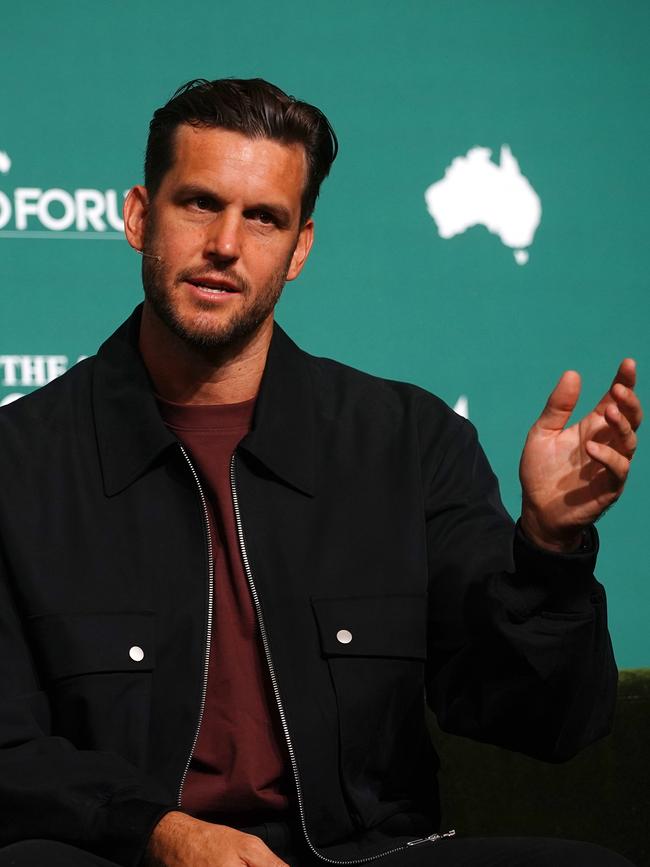
Mike Brabant, chief executive of Single O, which roasts coffee for 400 venues nationally and is expanding into Japan, told the forum the next government could support the transformation of a waste product – coffee grounds – into a new fertiliser source.
“When we did our carbon reporting we were surprised to find that steamed coffee grounds, after you extract a coffee shot, incorrectly disposed of … represent 21 per cent of our carbon emissions,” Mr Brabant said.
“So we partnered with Reground in Victoria … They collect our coffee grounds from our customers and take them to community gardens across Victoria.
“It’s a high nitrogen product. Coffee grounds give off gas in landfill … high in methane and really bad. But they’re potentially good for fertiliser on farms. So we’re trying to get out of landfill 75 million kilos (of grounds) created by cafés across Australia.”




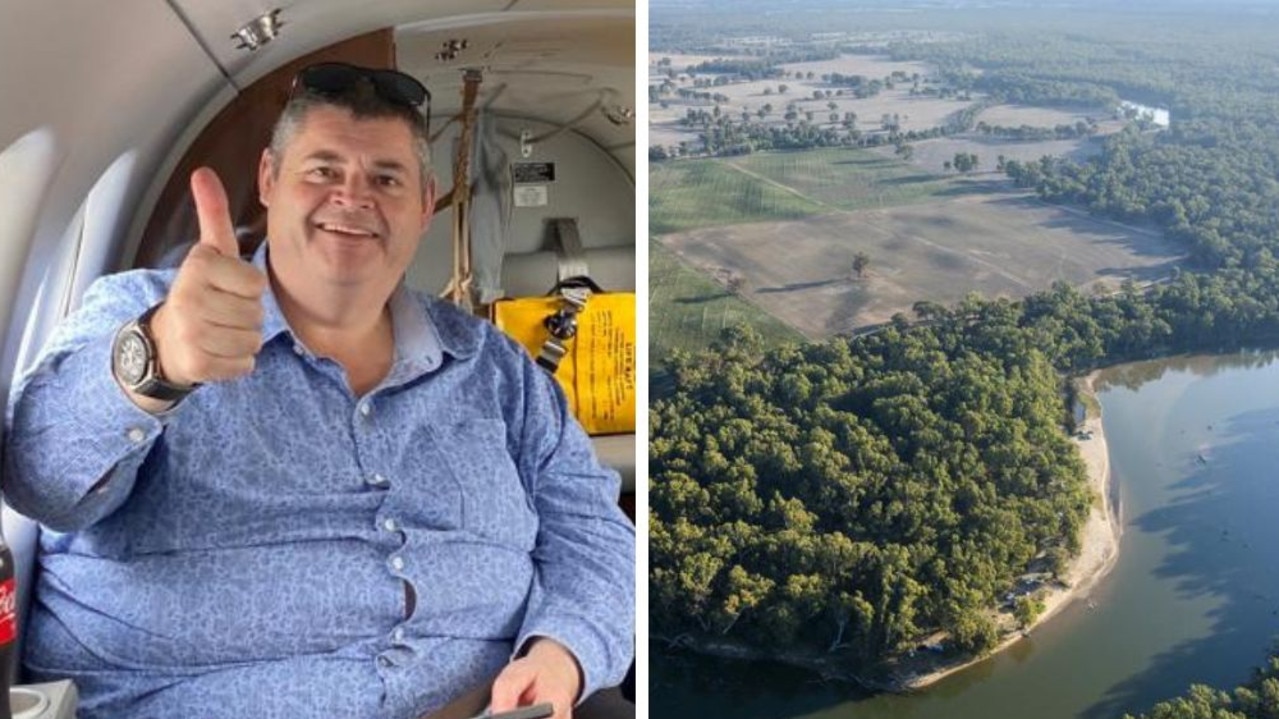
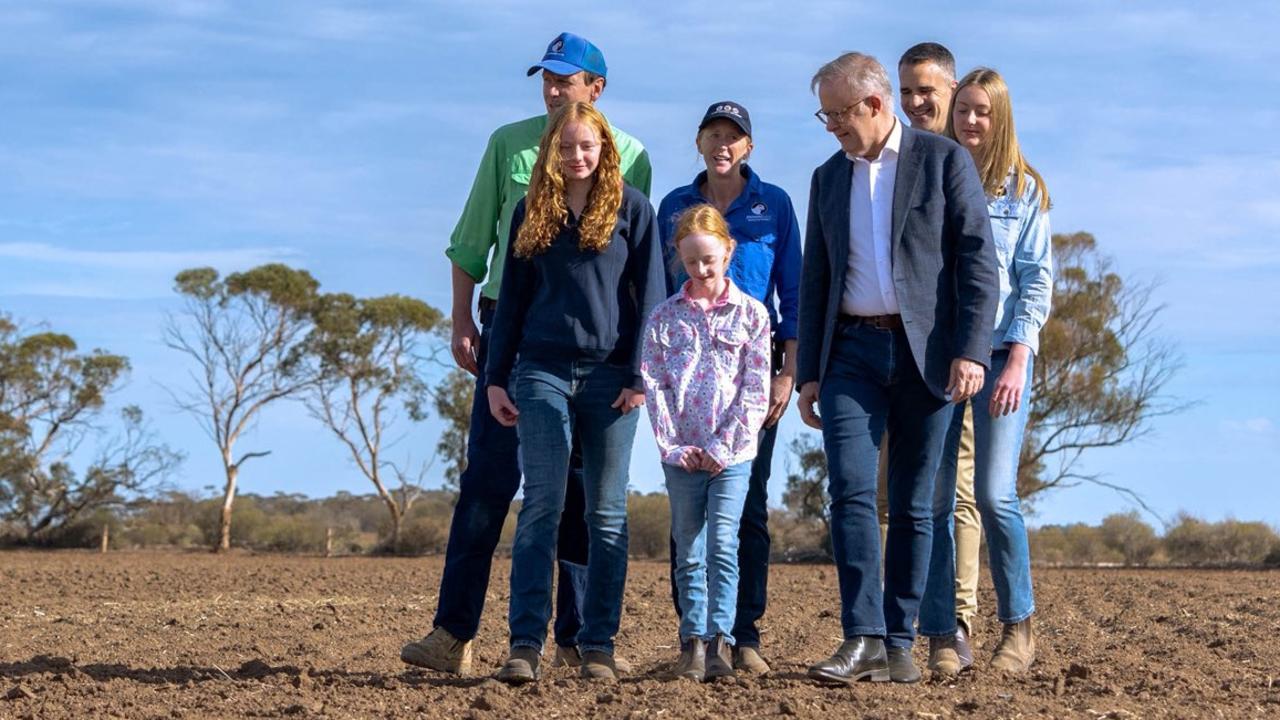
To join the conversation, please log in. Don't have an account? Register
Join the conversation, you are commenting as Logout